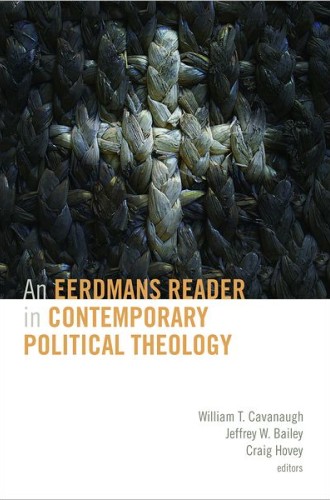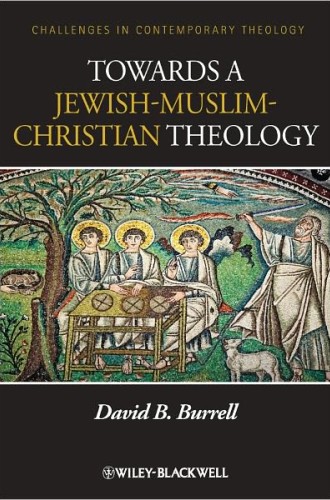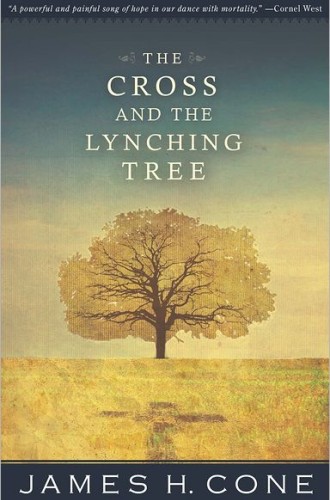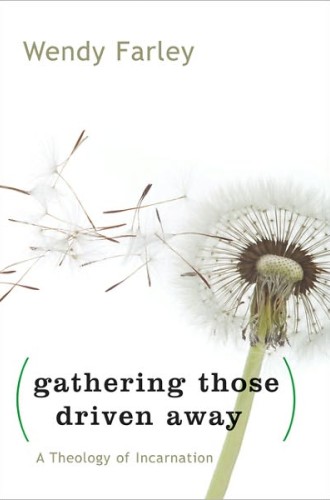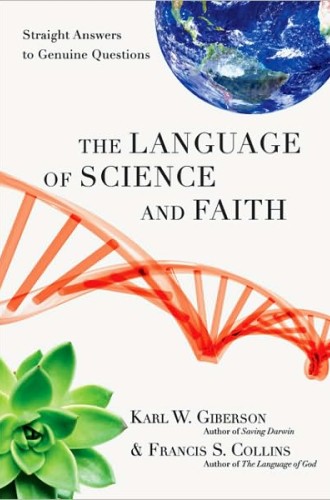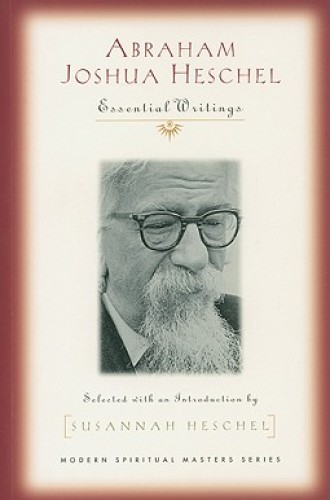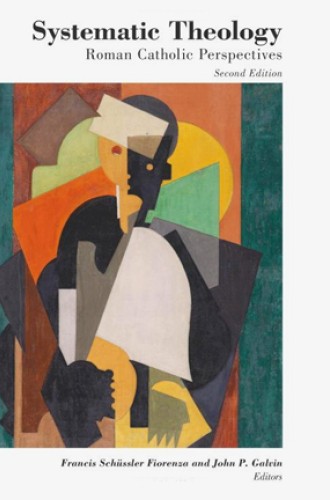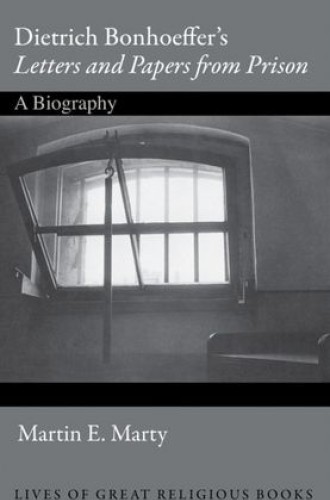Theology
An Eerdmans Reader in Contemporary Political Theology, edited by William T. Cavenaugh, Jeffrey W. Bailey and Craig Hovey (Eerdmans, 836 pp., $50.00 paperback). This large anthology of 20th- and 21st-century readings in political theology is a gold mine of well-known and newer resources. The volume is helpfully organized by contemporary topics, ranging from “Reading the Bible Politically” to “After 9/11.” Each topic has its own introduction, and the editors made a concerted effort to include non-Western and women’s voices.
Towards a Jewish-Christian-Muslim Theology, by David B. Burrell (Wiley-Blackwell, 224 pp., $104.95). It is a shame that the price of this book will put it beyond the reach of many readers, because it collects the fruit of Burrell’s decades of patient attention to the intersections of the Abrahamic faiths in an especially thoughtful and accessible form. Moving back and forth between medieval and contemporary engagements among Jewish, Christian and Muslim theologians, Burrell does not dodge what he terms “neuralgic issues” about scripture and doctrine that divide the faiths. But he reminds us that dialogue “is between persons rather than doctrines” and urges a continuing quest for mutual understanding.
The Cross and the Lynching Tree, by James H. Cone (Orbis, 224 pp., $28.00). Cone, the senior founder of black liberation theology, calls this book “a continuation and culmination” of all his previous books. Arguing that Christians in the United States must see the cross and the lynching tree together, he indicts both American amnesia about the horrors of lynching and the Christian tendency to sanitize the cross by detaching it from the ongoing suffering and oppression of human beings. Tracing these themes through Reinhold Niebuhr, Martin Luther King Jr., W. E. B. Du Bois and Ida B. Wells, Cone’s searing analysis provides a deeper understanding of Christian identity in the United States and empowers those who claim this identity to stand against white supremacy and every kind of injustice.
Gathering Those Driven Away: A Theology of Incarnation, by Wendy Farley (Westminster John Knox, 256 pp., $30.00 paperback). Farley writes this christological meditation for those who have been driven away by the coercion and oppression of the mainstream institutions of the church. Ranging widely across Christian traditions, Farley gathers in the marginalized and alienated with her portrayal of Christ as Wisdom incarnate in human form, who even today inspires communities of consolation and solidarity. In the midst of unrelenting human suffering, Wisdom enters into the darkness with us and sustains our acts of justice and compassion.
The Language of Science and Faith: Straight Answers to Genuine Questions, by Karl W. Giberson and Francis S. Collins (IVP Books, 251 pp., $20.00). Giberson and Collins are professional scientists and devout Christians. In this informative and accessible book, they answer many questions about evolution and its relation to Christian faith. Overall, they argue that evolution provides “an extraordinary insight into the remarkable character of God’s creation.” A sequel to Collins’s earlier The Language of God, this book comes out of the educational work of the BioLogos Foundation.
Abraham Joshua Heschel: Essential Writings, selected and with an introduction by Susannah Heschel (Orbis, 192 pp., $20.00 paperback). The readings in this new volume in Orbis’s Modern Spiritual Masters series were selected and are poignantly introduced by Abraham Heschel’s daughter, Susannah Heschel, a professor of Jewish studies at Dartmouth College. Most of the selections are from well-known works, but some are published here for the first time. They address major events and conflicts of the 20th century, including the Shoah, Vietnam and U.S. racism. They also reflect Heschel’s engagement with basic concerns of religious faith, especially the practice of prayer.
Systematic Theology: Roman Catholic Perspectives, 2nd ed., edited by Francis Schüssler Fiorenza and John P. Galvin (Fortress, 704 pp., $49.00 paperback). This new edition of an introductory guide to contemporary Roman Catholic theology carries forward original emphases on the legacy of Vatican II, philosophical and hermeneutical movements, ecumenism and praxis in new ways. Written by prominent Roman Catholic theologians, the volume reflects the dynamism of contemporary Catholic perspectives on the doctrine and life of the church.
Dietrich Bonhoeffer’s “Letters and Papers from Prison”: A Biography, by Martin E. Marty (Princeton University Press, 288 pp., $24.95). Coming on the heels of the 2010 publication of the new edition of Bonhoeffer’s Letters and Papers from Prison in vol. 8 of Dietrich Bonhoeffer Works, Marty charts the enormous impact of these writings since their original posthumous publication in 1945. From American civil rights leaders to South African antiapartheid activists, from radical “death of God” theologians to socially conservative evangelicals, a diverse set of readers have drawn on these writings, which makes this book a fascinating account of many of the theological and social changes of the postwar period.


